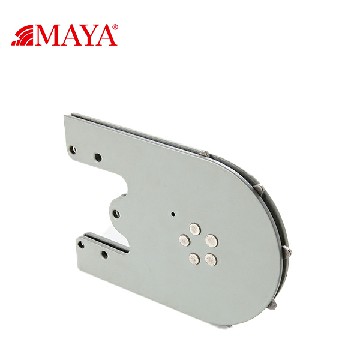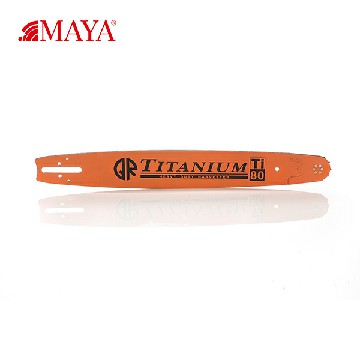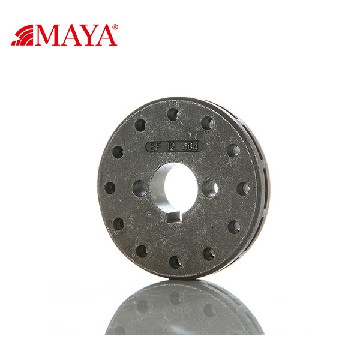Contact Us


News content

Harvesters are specialized machines designed to automate the process of harvesting crops. They are equipped with various cutting, threshing, and cleaning mechanisms that facilitate the collection and separation of crops from the field. Harvesters are capable of harvesting a wide range of crops, including grains, forage, cotton, vegetables, and fruits.
The development of harvesters can be traced back to the 19th century when mechanical reapers were introduced. These early machines provided a substantial improvement over manual harvesting methods. Over time, advancements in technology led to the creation of more sophisticated harvesters with enhanced capabilities and features.

There are several types of harvesters available today, each designed to cater to specific crop requirements. Let's explore some of the commonly used ones:
Combine harvesters, also known as "combine machines," are versatile harvesters used for harvesting grains such as wheat, corn, and rice. They perform multiple functions, including cutting, threshing, and cleaning the harvested crop in a single operation.
Forage harvesters are primarily used for harvesting crops such as corn, sorghum, and grasses that are intended for animal feed. These machines efficiently cut and chop the plants into small pieces, making them suitable for livestock consumption.
Cotton harvesters are specifically designed for harvesting cotton crops. They delicately remove the cotton fibers from the plants, separating them from the seeds and other unwanted materials.
Vegetable harvesters are tailored to harvest various types of vegetables, such as potatoes, carrots, lettuce, and onions. These machines are equipped with specialized mechanisms to ensure gentle handling and minimal damage to the crops.
Fruit harvesters are designed to efficiently gather fruits from orchards and vineyards. They employ gentle shaking or picking mechanisms to harvest the fruits without causing any harm.

The adoption of harvesters in agriculture brings numerous benefits to farmers and the industry as a whole. Some of the key advantages include:
Harvesters significantly improve the efficiency of the harvesting process. They can cover large areas of land in a relatively short time, reducing the time required to harvest crops and allowing farmers to allocate their resources more effectively.
By automating the harvesting process, harvesters minimize the need for manual labor. This frees up farmers and farmworkers to focus on other essential tasks, such as crop management and post-harvest activities.
Harvesters can complete the harvesting process much faster than traditional methods. This enables farmers to harvest their crops at the optimal time, ensuring maximum yield and quality.
Harvesters are designed to handle crops delicately, minimizing damage during the harvesting process. This results in improved crop quality and reduces post-harvest losses.

While harvesters offer significant advantages, they also face certain challenges and limitations. It is important to consider these factors before investing in this technology:
Harvesters can be expensive to purchase, and their maintenance costs should also be taken into account. Small-scale farmers or those with limited financial resources may find it challenging to invest in this technology.
Not all harvesters are suitable for all types of crops. Some harvesters are specifically designed for certain crops, limiting their versatility. Farmers need to carefully assess their crop requirements before selecting the appropriate harvester.
Harvesters consume fuel and emit pollutants during operation, contributing to environmental concerns. However, manufacturers are continually working towards developing more environmentally friendly and energy-efficient models.
The field of agricultural machinery is constantly evolving, and harvesters are no exception. The future holds promising advancements in terms of increased automation, precision farming technologies, and improved sustainability. Researchers and manufacturers are focusing on developing harvesters that are more efficient, adaptable, and eco-friendly.
Qirui was founded in 2003, construction area is nearly 20,000 square meters and has over 200 workers. We have full range series of guide bars and chainsaw chains for your choice. Our factory has passed the ISO 9001 system certification and all of our products are having UL certificate. More than 90% of our products are exported to Europe,America, Southeast Asia and other countries.
MAYA 16” Replaceable Nose Harvester Bar TN
More
The chainsaw needs regular servicing to perform at its best and last for a long time. Here’s a guide to the things you can take care of yourself.
Chainsaws are highly versatile tools that allow you to fell trees, prune branches, cut up firewood and even clean up after a serious storm. Many people enjoy using chainsaws, and some people take great pride in owning several models of varying sizes.
It’s crucial to choose the correct type of chain for your wood-sawing purposes and experience. Becoming familiar with the key features of chainsaw chains is important when selecting the best one for your cutting needs.
A chainsaw wrench is a specialized tool designed to assist in the maintenance and adjustment of chainsaws. we will explore the importance of chainsaw wrenches, the different types available, how to choose the right one, and how to use it effectively.
Whether you're a seasoned logger, a professional arborist, or an avid DIY enthusiast, understanding the importance of a high-quality saw chain and choosing the right one for your needs can make all the difference in your cutting experience.
Email: qirui@qiruibar.com
Tel:0086-571-82308666
Add: No. 390, Xiangdafang Industrial Park, Wenyan Street, Xiaoshan District,Hangzhou,Zhejiang,China
Website: www.qiruibar.com



Contact Us
Contact Us
